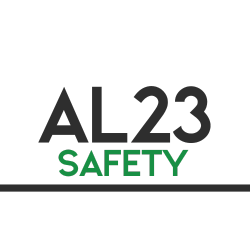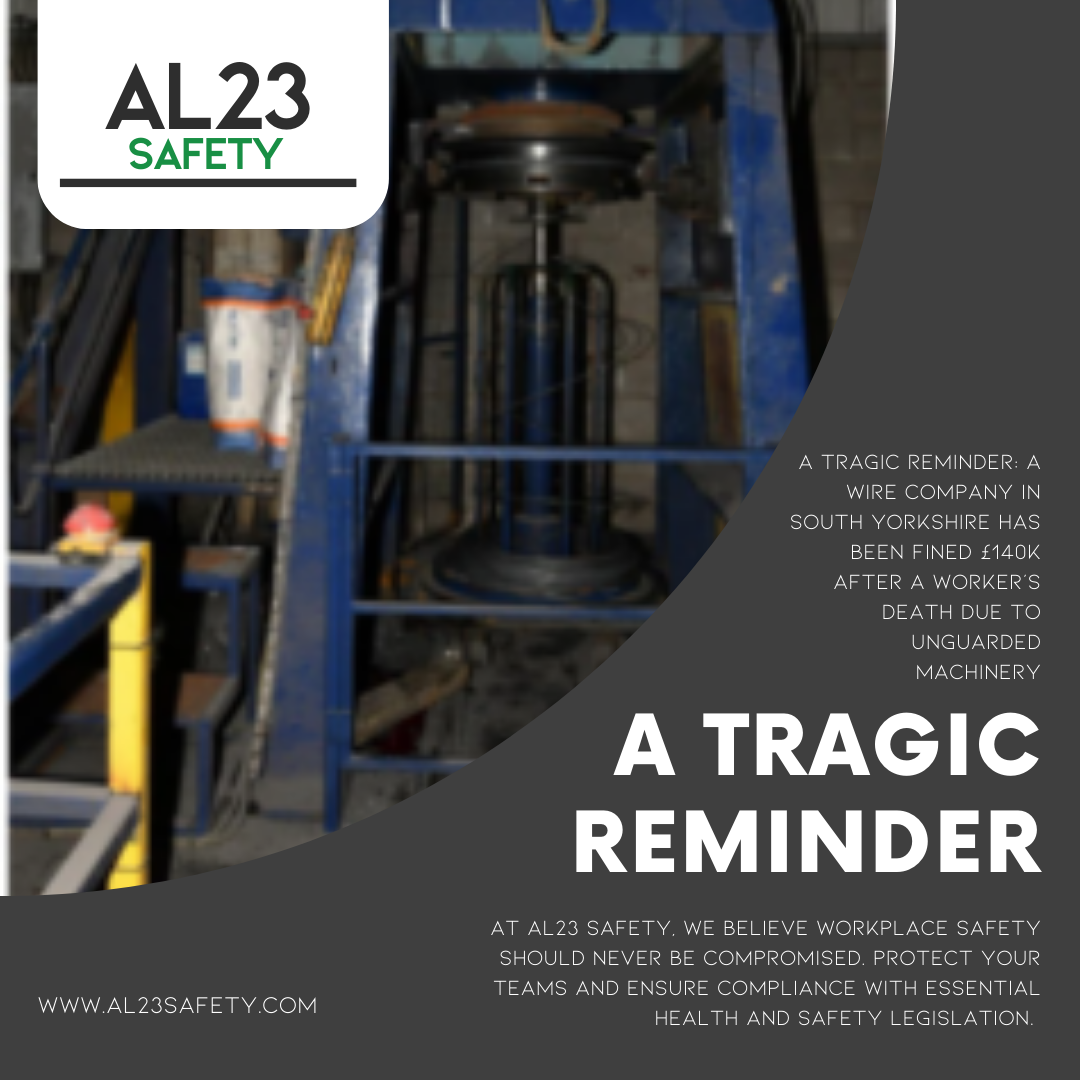As the summer season approaches, businesses across the UK are often focused on planning holidays and enjoying the warmer weather. However, amidst all the excitement, it’s crucial not to overlook a vital aspect of workplace safety: fire safety assessments and comprehensive fire protection measures. The summer presents unique challenges and risks, making it the perfect time to revisit your fire safety strategy and ensure compliance with UK legislation.
Summer months can increase fire risks due to higher temperatures, increased electrical usage for cooling systems, and potential changes in workplace routines. Here, we’ll explore the importance of fire safety assessments and training, discussing how businesses can safeguard their premises and stakeholders through five essential steps.
Step 1: Conduct Comprehensive Fire Assessments
Fire safety assessments are the cornerstone of any effective fire protection strategy. Fire risks can vary significantly from industry to industry, influenced by various factors including materials used, workspace organisation, and staff training levels. Conducting thorough Fire Risk Assessments (FRAs) helps identify specific hazards within your workplace, allowing you to implement tailored solutions that address your unique circumstances.
These assessments go far beyond simple compliance tick-boxes. A properly executed fire risk assessment UK businesses require provides a detailed analysis of potential fire hazards, evaluated by skilled consultants who understand the intricacies of British fire legislation. The assessment process examines everything from electrical installations and heating systems to storage practices and emergency procedures.
It’s not just about compliance with the Regulatory Reform (Fire Safety) Order 2005; it’s fundamentally about protecting lives and preserving your business continuity. Regular fire assessments ensure that as your business evolves, your fire protection measures evolve alongside it.
Step 2: Implement Robust Fire Risk Assessment UK Standards
FRAs are a legal requirement under the Regulatory Reform (Fire Safety) Order 2005, making them non-negotiable for UK businesses. However, meeting minimum legal requirements shouldn’t be your ceiling – it should be your foundation. A comprehensive fire risk assessment UK compliance programme provides a detailed analysis of potential fire hazards, evaluated by skilled consultants who bring both technical expertise and practical experience.
When conducted properly, these assessments can pinpoint vulnerabilities in your existing safety plans and offer specific, actionable recommendations to mitigate identified risks. The assessment should cover fire detection and warning systems, emergency escape routes, fire-fighting equipment, and maintenance procedures. Regular reviews ensure your safety measures remain effective as your business grows and changes.
Step 3: Invest in Comprehensive Business Fire Training
Equipping your staff with essential fire safety knowledge through business fire training is absolutely paramount to workplace protection. This education goes far beyond what employees might learn in a single induction session; it incorporates regular fire drills, scenario-based training, and ongoing updates that reflect changes in your workplace or procedures.
Appropriate training empowers your employees to act decisively and safely during a fire emergency, significantly improving their safety and that of their colleagues. Your training programme should cover fire prevention techniques, proper use of fire-fighting equipment, evacuation procedures, and the roles and responsibilities of fire wardens. Regular refresher sessions ensure knowledge remains current and accessible when it matters most.
Consider implementing different levels of training for different roles within your organisation. While all staff need basic fire safety awareness, designated fire wardens require more comprehensive training to fulfil their crucial responsibilities during emergencies.
Step 4: Prioritise Regular Fire Door Inspections
Beyond assessments and training, ensuring fire doors are in optimal condition through regular fire door inspections can literally be a lifesaver. Fire doors are specifically designed to contain fires and prevent deadly smoke from infiltrating other areas of your building, providing crucial time for safe evacuation.
Regular professional inspections can reveal any wear, damage, or compliance issues that could compromise these critical safety barriers. Your inspection programme should verify that fire doors close properly, seals remain intact, and all hardware functions correctly. This includes checking that fire doors aren’t propped open inappropriately or have their closing mechanisms disabled.
Remember that fire door inspections aren’t just about the doors themselves, the surrounding frames, intumescent seals, and self-closing devices all play vital roles in maintaining the door’s fire-resistant properties. Ensuring your emergency escape routes remain viable and compliant with UK fire safety standards requires this level of detailed attention.
Step 5: Develop Comprehensive Workplace Fire Safety Compliance
A comprehensive fire plan should be an integral part of your overall workplace fire compliance strategy. This involves creating detailed procedures for evacuation, establishing maintenance schedules for all fire safety equipment, and developing guidelines for ongoing staff training and development.
Your fire strategy should be a living document that evolves with your business. This means regularly reviewing and updating your fire safety procedures to ensure their continued efficacy. Consider seasonal variations in your business operations, changes in staff numbers, modifications to your premises, and updates to fire legislation or best practices.
Integration is key, your fire measures should work seamlessly with your broader health and safety management systems. This includes coordinating with security systems, ensuring compatibility with disabled access requirements, and maintaining clear communication channels during emergencies.
The Summer Challenge: Why Act Now?
Summer presents unique fire safety challenges that make immediate action essential. Higher temperatures can stress electrical systems, increased use of cooling equipment can overload circuits, and changes in workplace routines can disrupt established safety procedures. Additionally, many businesses use summer months for maintenance work, which can temporarily alter fire risks and escape routes.
Conclusion: Proactive Fire Safety is Essential Fire Safety
The importance of prioritising comprehensive fire measures as summer approaches cannot be understated. Effective fire safety is proactive, not reactive, waiting for an incident to occur before addressing safety shortcomings puts lives at risk and can result in devastating business consequences.
With professional fire safety support, businesses gain access to comprehensive health and safety services, ensuring compliance, safety, and peace of mind. From initial fire safety assessments through ongoing training and maintenance programmes, the right partnership ensures your fire measures remain robust and effective.
Remember, every step you take towards improved fire safety is an investment in your people, your property, and your business continuity. The five essential steps outlined above provide a framework for comprehensive fire protection, but they require consistent implementation and ongoing commitment to remain effective.



